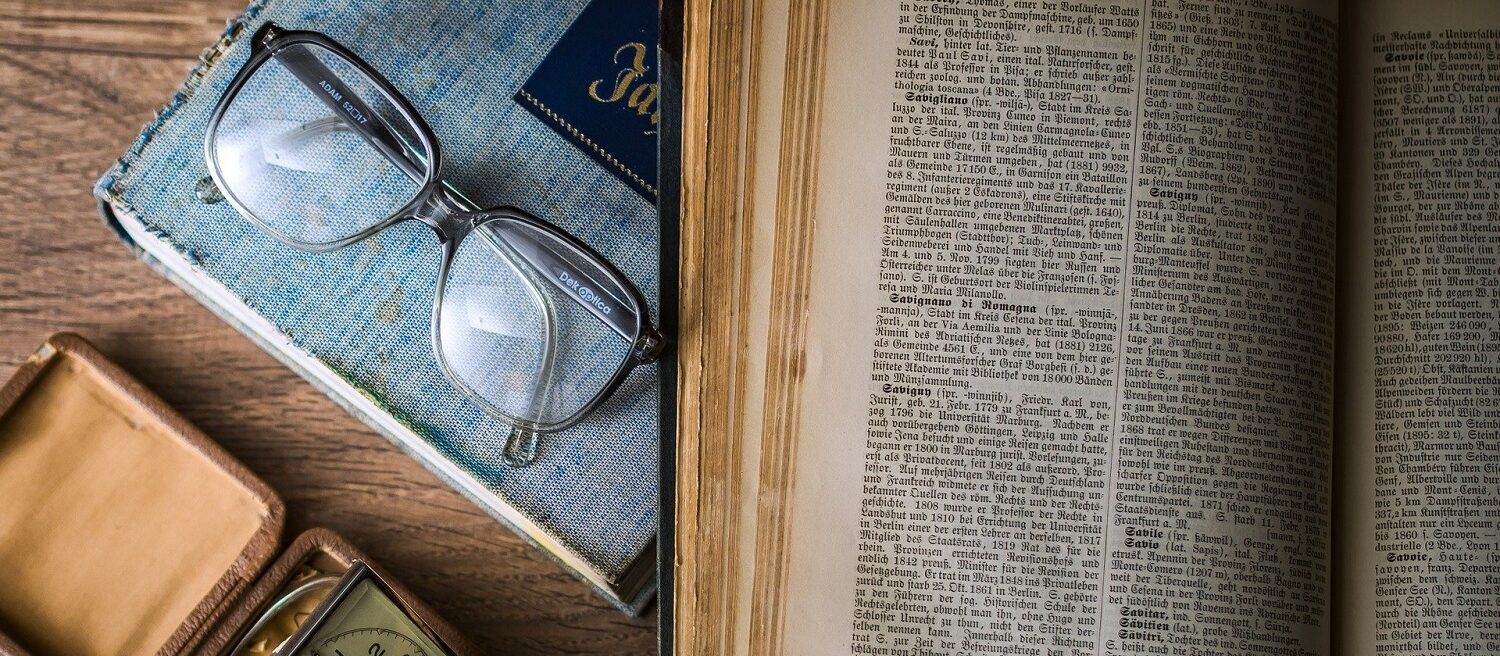Works of literary fiction always belong to a particular nation in whose language they are created, and to a particular era in the history of that nation. Literary studies cannot ignore the close connection between the development of literary fiction and the historical life of individual peoples. Moreover, the understanding of these connections it puts in the basis of his study. Consequently, literary criticism itself acts as a social and historical science, standing among the historical sciences that study the development of social life of different peoples.
Works of fiction always reflect the uniqueness of the historical era of national life, in which they were created. This is especially true of works of fiction. Works of folklore live for centuries in the memory of the people in the oral transmission of many generations of singers and storytellers. Naturally, they gradually change in content and form, sometimes very significantly. They are often difficult to discern the features of the time in which they originally arose.
Other lives fiction, especially print literature. Its works, created in a particular era, then remain unchanged for centuries, even millennia, and retain the identity of the time that created them. The peculiarities of their content and form often reflect not only the typical traits of an entire historical era, but also a specific period, sometimes even a particular moment of socio-political, ideological and cultural development of this or that nation.
Without understanding this, without knowledge of the many facts, events, relationships characteristic of the time when certain works arose, without the ability to penetrate into the very “spirit” of that era or its period is impossible to scientifically study fiction. The literary scholar has therefore always to turn to other historical sciences to arm him with the appropriate knowledge and information. He needs the ability to understand the unique uniqueness of each period of national historical life and its reflection in the peculiarities of artistic content and form of literary works – the historicism of literary thinking.
Most important for literary studies is the knowledge that can give civic history, which studies the facts, events, relationships of social, political and ideological life of peoples. This science provides chronological information, precise data (dates) about when, in what external relationship and consistency the phenomena and events of social life occurred. Using general historical chronology, literary criticism also creates its own chronology, precise and reliable enough, to help it establish the external sequence of works, and hence the possibility of their internal links. Without general historical and literary chronology itself there can be no literary history as a science. Ambiguities and mistakes in chronology can lead to a wrong understanding of the whole process of literary development of this or that country.
The peculiarity of this or that historical epoch of national life is primarily reflected in the content of literary works created during that epoch, primarily in what phenomena of life are reproduced, what embodiment they found in the characters.



